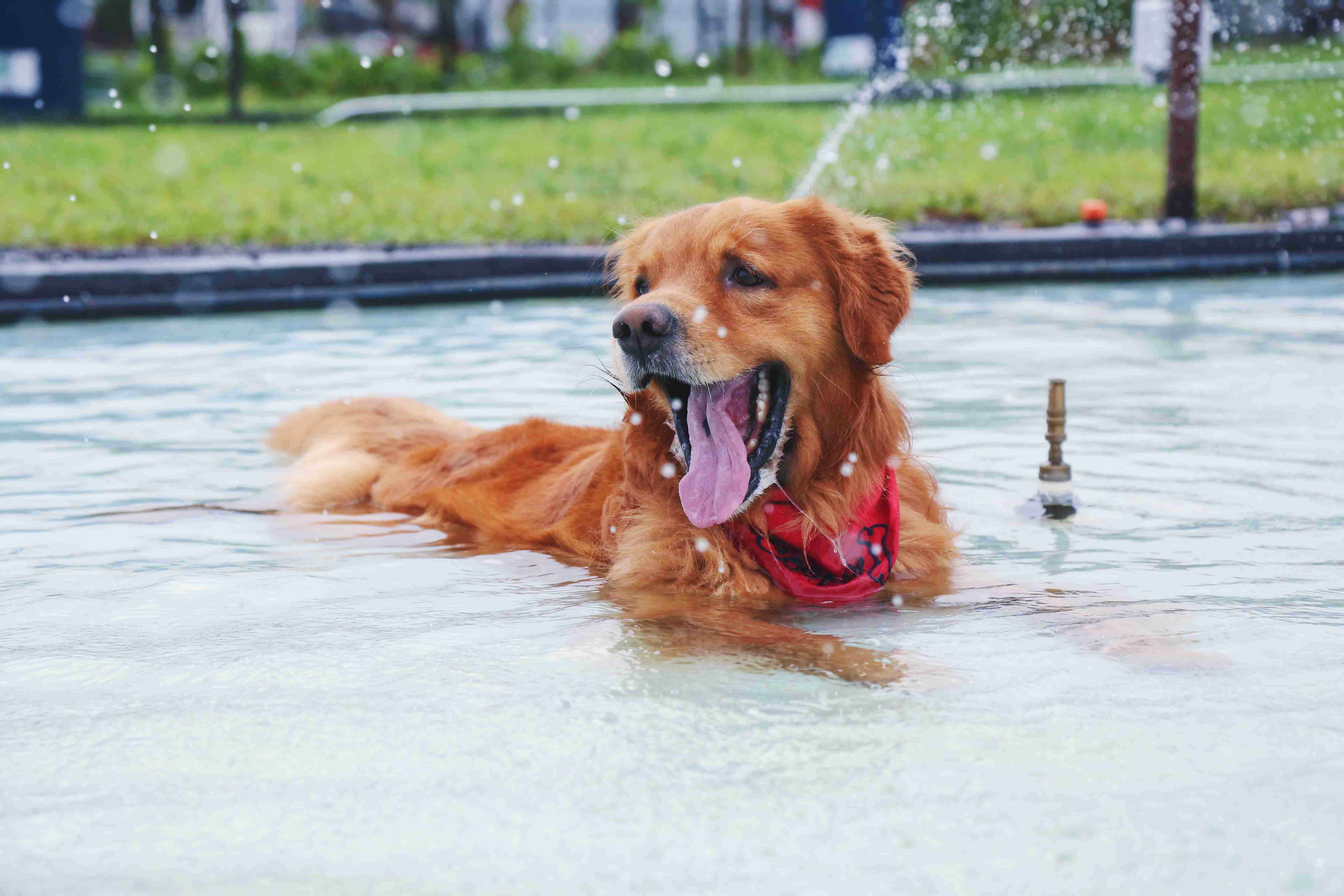Border Collies are known for their agility, athleticism, and energy. They are a breed that loves to run, jump, and play. But with all this activity comes the risk of joint problems. Joint issues can be a common problem in Border Collies and can cause pain, discomfort, and even lead to mobility issues. As a Border Collie owner, it is essential to understand the different types of joint problems that can affect your furry friend and how to prevent them. In this blog post, we will take a closer look at some of the most common joint problems in Border Collies and offer prevention tips to keep your dog healthy and active for years to come.
Border Collies are known for their agility and athleticism, but unfortunately, they are also prone to joint problems. These issues can be painful and limit your dog’s mobility, affecting their quality of life. In this article, we’ll explore some of the most common joint problems in Border Collies and provide tips on how to prevent them.
Common Joint Problems in Border Collies
1. Hip Dysplasia
Hip dysplasia is one of the most common joint problems in Border Collies. It occurs when the hip joint doesn’t develop properly, causing the bones to rub against each other. This can cause pain, inflammation, and eventually arthritis.
Symptoms of hip dysplasia include limping, difficulty getting up or lying down, and a reluctance to climb stairs or jump. The condition is usually diagnosed with an X-ray, and treatment options include medication, physical therapy, and surgery.
2. Elbow Dysplasia
Elbow dysplasia is another joint problem that is common in Border Collies. It occurs when the bones in the elbow joint don’t fit together properly, causing pain and inflammation. This condition can lead to arthritis and limit your dog’s mobility.
Symptoms of elbow dysplasia include limping, stiffness, and a reluctance to use the affected leg. Treatment options include medication, physical therapy, and surgery.
3. Patellar Luxation
Patellar luxation is a condition where the kneecap slips out of place, causing pain and discomfort. It is common in small and medium-sized dogs, including Border Collies.
Symptoms of patellar luxation include limping, a hopping gait, and a reluctance to use the affected leg. Treatment options include medication, physical therapy, and surgery.
4. Osteochondritis Dissecans (OCD)
 - Copy.jpg)
Osteochondritis dissecans is a condition where the cartilage on the end of a bone doesn’t develop properly, causing the bone to rub against the joint. This can cause pain, inflammation, and eventually arthritis.
Symptoms of OCD include limping, stiffness, and a reluctance to use the affected leg. Treatment options include medication, physical therapy, and surgery.
Prevention Tips for Joint Problems in Border Collies
1. Maintain a Healthy Weight
One of the best ways to prevent joint problems in Border Collies is to maintain a healthy weight. Excess weight puts extra strain on your dog’s joints, increasing the risk of injury and arthritis. Speak to your vet about the appropriate diet and exercise routine for your dog.
2. Provide Joint Supplements
Joint supplements can help to support your dog’s joint health and prevent problems from developing. Glucosamine and chondroitin are two popular supplements that can help to improve joint mobility and reduce inflammation.
3. Exercise Your Dog Regularly
Regular exercise is essential for keeping your Border Collie’s joints healthy and strong. However, it’s important to choose low-impact activities that won’t put too much strain on their joints. Swimming, walking, and gentle play are all good options.
4. Visit Your Vet Regularly
Regular check-ups with your vet are important for ensuring that any joint problems are caught early. Your vet can also provide advice on how to prevent joint problems from developing.
Conclusion
Border Collies are active and energetic dogs, but they are also prone to joint problems. Hip dysplasia, elbow dysplasia, patellar luxation, and osteochondritis dissecans are all common conditions that can cause pain and limit your dog’s mobility. However, with the right preventative measures, you can help to keep your Border Collie’s joints healthy and strong. Maintaining a healthy weight, providing joint supplements, exercising regularly, and visiting your vet regularly are all essential for preventing joint problems from developing.
In conclusion, joint problems are a common issue among Border Collies, and it’s crucial to keep an eye on their health and well-being. Early detection and prompt treatment can make all the difference when it comes to keeping your Border Collie comfortable and active. By following the prevention tips and taking some basic precautions, you can help your furry friend stay healthy and happy for many years to come. Remember that a healthy lifestyle, regular exercise, and a balanced diet can go a long way in preventing joint problems and keeping your Border Collie’s joints strong and flexible throughout their life. So, take care of your furry friend, and enjoy all the love and joy they bring to your life!


%20-%20Copy.jpg)
.jpg)
%20-%20Copy.jpg)
.jpg)
%20-%20Copy.jpg)

%20-%20Copy.png)